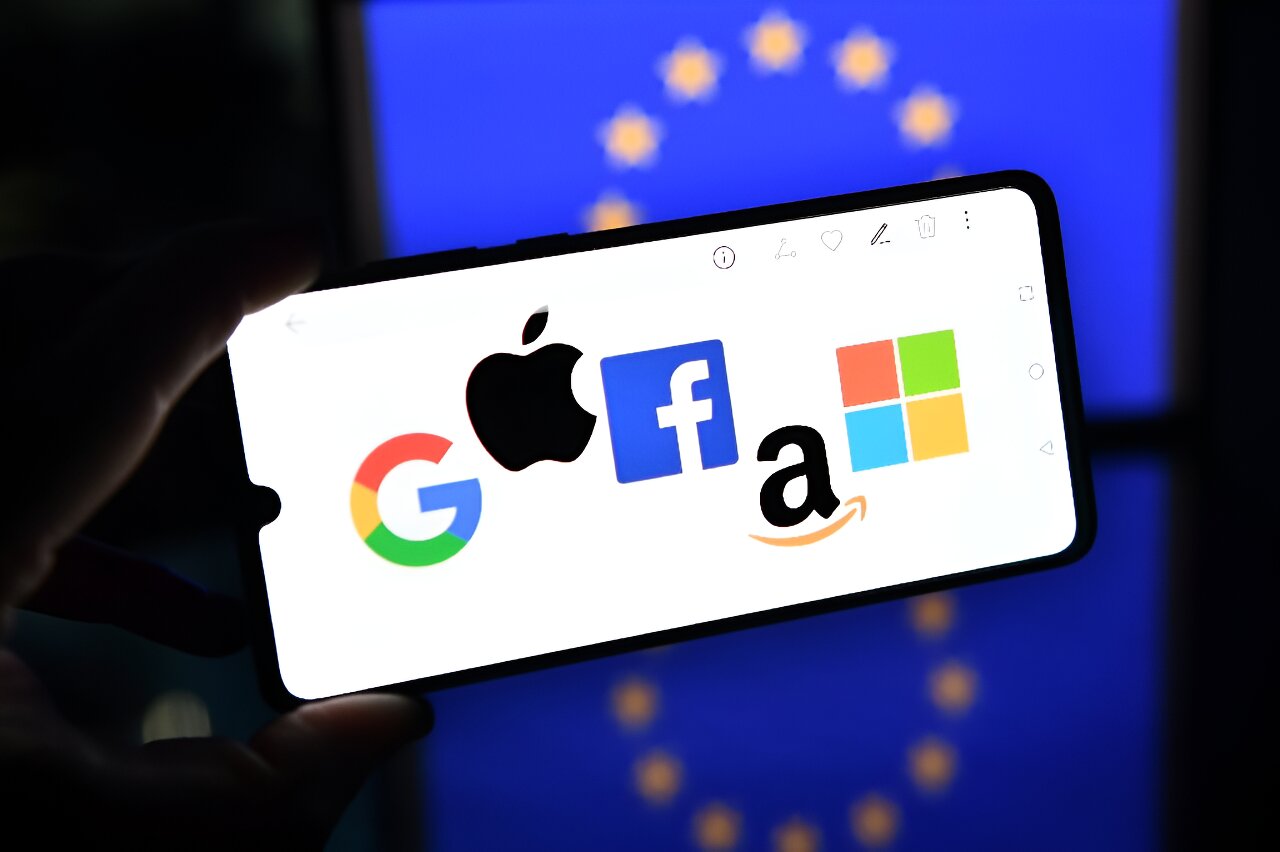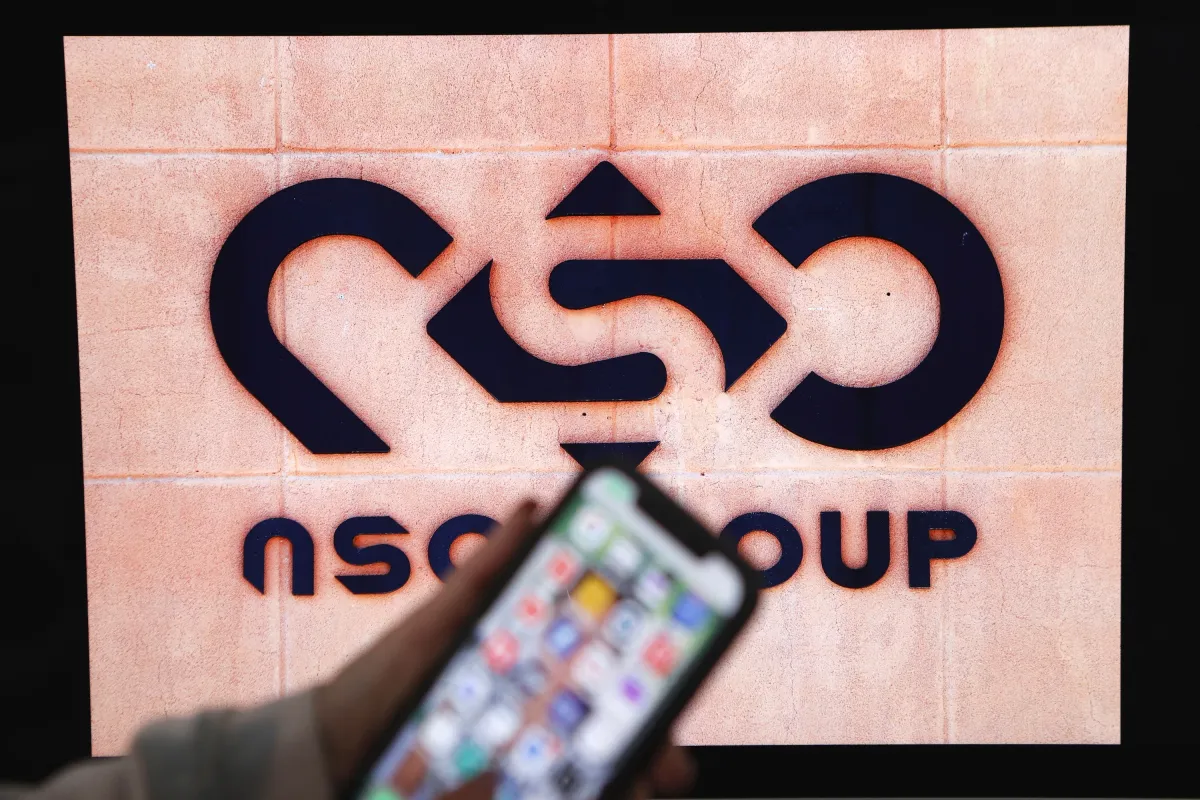Europe Grapples With Digital Dependence on U.S. Tech Giants
Growing geopolitical tensions have reignited debates about Europe’s reliance on American technology, with U.S. firms controlling 70% of the continent’s cloud infrastructure and dominating mobile operating systems, payment networks, and AI development. Concerns peaked recently when Microsoft briefly restricted the International Criminal Court’s email access following U.S. sanctions against its prosecutor, demonstrating how Washington’s policies can directly impact European institutions.
The EU faces significant challenges in achieving digital sovereignty. While European alternatives like OVHCloud and T-Systems exist in cloud computing, they lack the scale and capabilities of Amazon, Microsoft, and Google. Open-source software options such as LibreOffice and Linux provide partial solutions but haven’t gained widespread adoption due to perceived limitations and security concerns among European organizations.
Some governments are taking action – Germany’s Schleswig-Holstein state is transitioning to open-source alternatives, and Denmark’s digital ministry is running similar pilots. “We overvalue proprietary software’s role,” says Forrester analyst Dario Maisto, noting basic functions like word processing work equally well on open platforms. He predicts a five-to-ten-year shift toward sovereign solutions as awareness grows.
Major U.S. tech firms emphasize their “sovereign cloud” offerings designed to protect EU data autonomy. However, the ICC incident has intensified Brussels’ focus on reducing critical dependencies. The dilemma pits operational convenience against strategic vulnerability, with no easy solutions for governments and businesses accustomed to seamless, integrated American tech ecosystems.
As Europe balances these competing priorities, the coming years may see gradual rather than rapid decoupling. The transition’s success will depend on developing competitive homegrown alternatives while managing the practical disruptions of moving away from established U.S. platforms that currently underpin much of Europe’s digital infrastructure.
Source: BBC.
news via inbox
Get the latest updates delivered straight to your inbox. Subscribe now!




